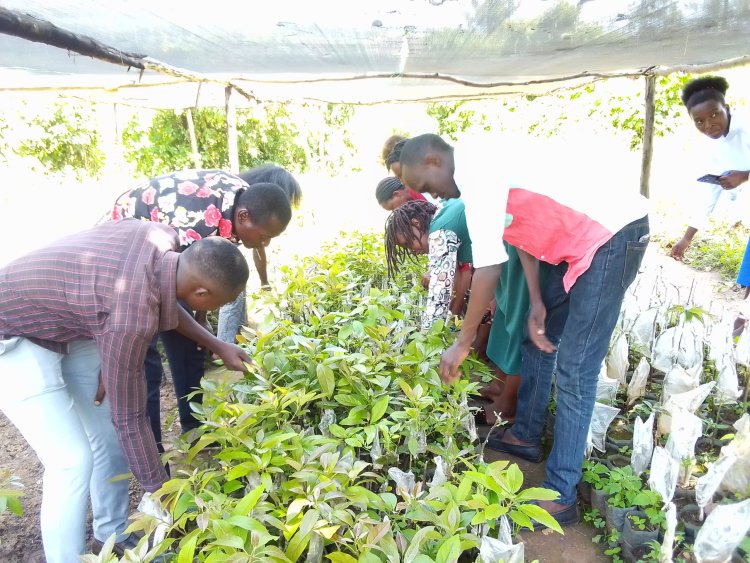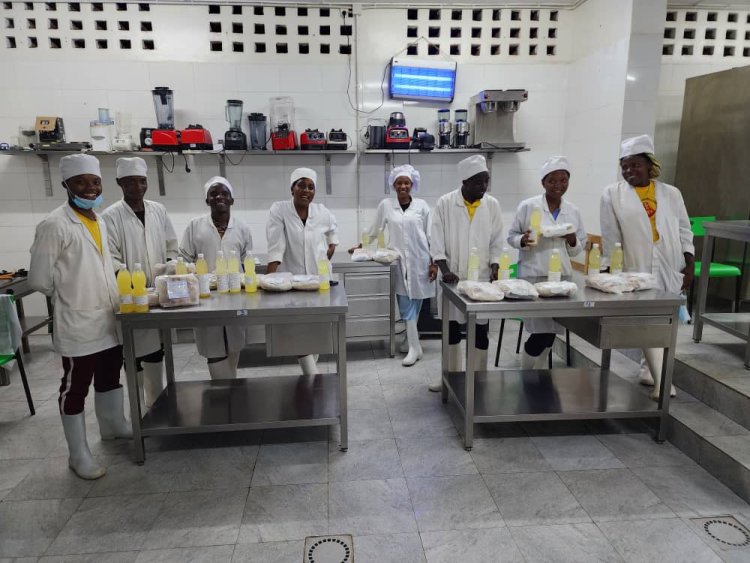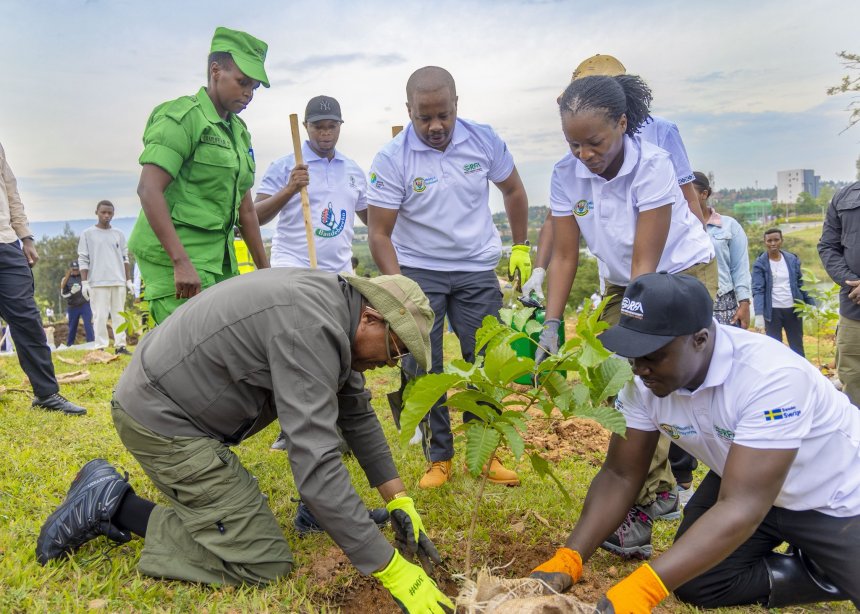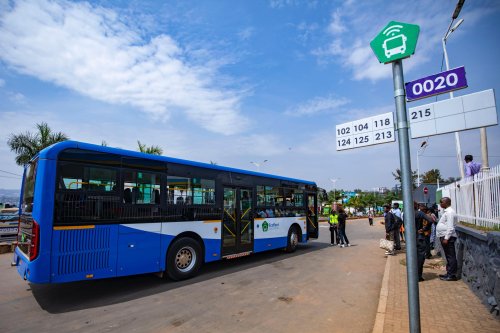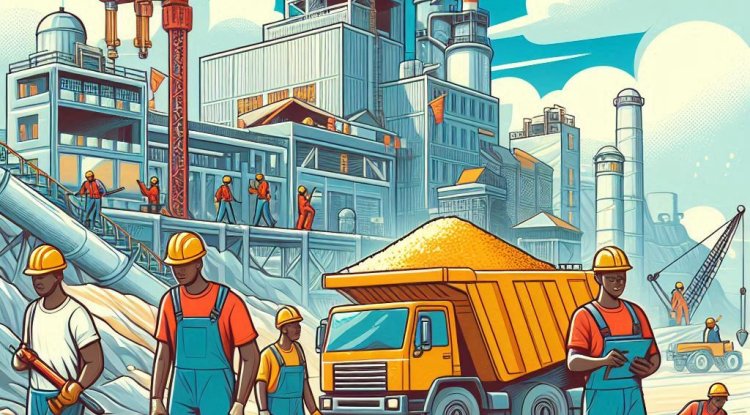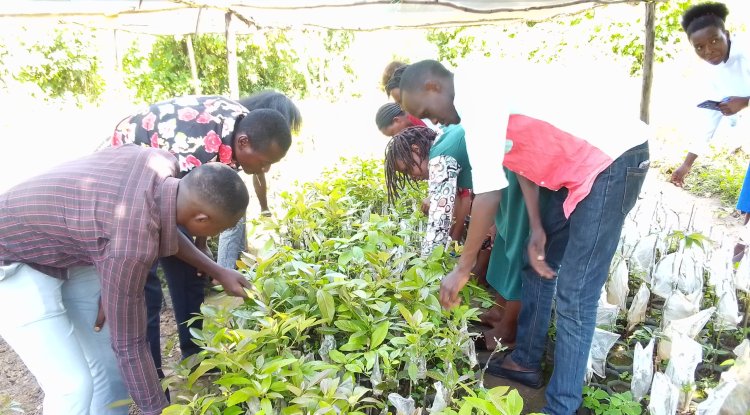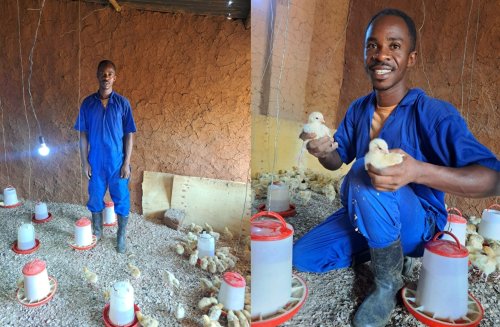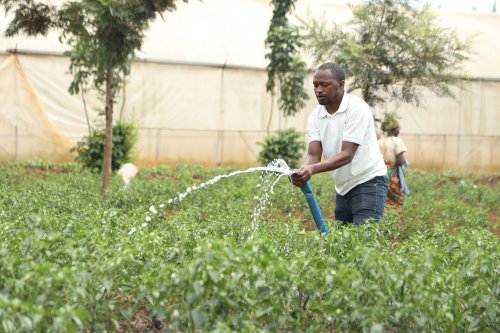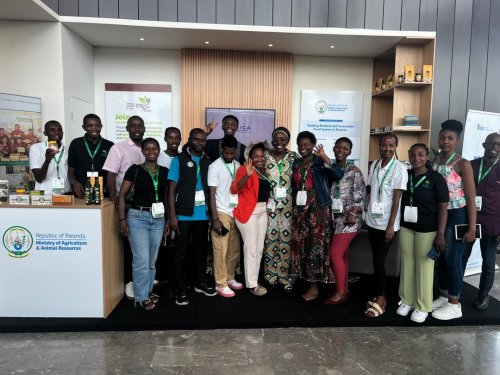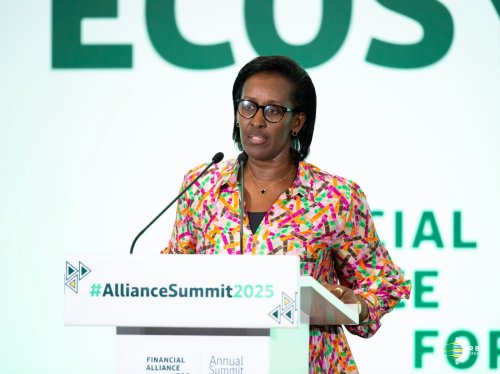AGRA Champions Youth and Women’s Employment in Agriculture on Labor Day
As the world celebrates International Labor Day, the Alliance for a Green Revolution in Africa (AGRA) is shining a spotlight on its role in creating jobs for Rwandan youth and women, especially in rural areas, through the transformation of the agri-food system.

Speaking to KPMEDIA24, Jean Paul Ndagijimana, AGRA’s Country Director in Rwanda, reaffirmed the organization’s commitment to supporting Rwanda’s National Strategy for Transformation (NST2), which targets 1.25 million jobs over five years.
“As AGRA, we’ve committed to contributing 132,000 jobs, with a strong focus on young women and people with disabilities in rural areas,” said Ndagijimana. “Our goal is to create dignified and fulfilling jobs within the agri-food sector.”
AGRA’s job creation strategy covers the entire agricultural value chain—from primary production to agribusiness services, value addition, agri-trade, and skills training that improves youth employability.
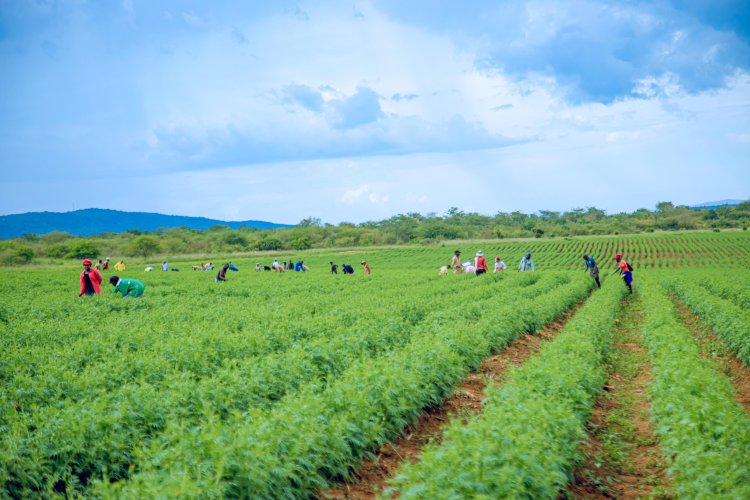
“They can work in production, offer agri-services, add value through processing, or trade in agricultural products. Some may gain skills that allow them to be hired by factories or agribusinesses,” he added.
Supporting Youth Through Innovation
For young entrepreneurs already active in agriculture, Ndagijimana offered a message of encouragement and support.
“To youth already in the system—whether in cooperatives or startups—I say: hang in there. Entrepreneurship is tough, but we’re here to support you.”
One key initiative is the Food Innovation Hub, developed with the Ministry of ICT and Innovation. This 10-year strategy aims to nurture food-related startups and scale innovative ideas from Rwanda to the world.
“We want to back ideas like plant-based meat alternatives, inspired by community preferences like those of the Seventh Day Adventists. Rwanda has proven it can incubate and scale innovations—look at Zipline.”
Access to Finance: Moving Faster with KATAZA
AGRA is also working with financial institutions to help youth-led agribusinesses grow. One major collaboration is with the Rwanda Development Bank (BRD) through a program called KATAZA, which means “move faster” in Kinyarwanda.
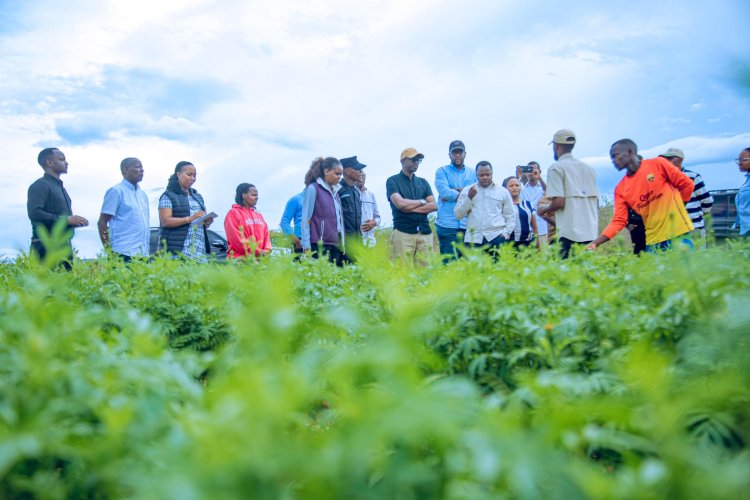
“KATAZA helps those who have already started a business to accelerate it—by offering affordable finance, including single-digit interest rates,” Ndagijimana said.
In partnership with the Rwanda Development Board (RDB) and other stakeholders, AGRA is also helping to structure and scale agricultural SMEs, ensuring that investments in the sector are sustained and create lasting, quality jobs.
“Whether in production, trade, or services, we want every investment in agriculture to have an impact—creating jobs that lift lives,” he stressed.
Agriculture’s Role in Rwanda’s Job Transformation
Between 2024 and 2029, Rwanda aims to create 1.25 million new jobs, or 250,000 annually. From 2017 to 2024, the country had set a target of 1.5 million jobs—and managed to achieve over 80%, despite setbacks from the COVID-19 pandemic, natural disasters, and global instability.The results have been transformative. According to the latest national survey (EICV7), 1.5 million Rwandans were lifted out of poverty during this period. The country’s national poverty rate dropped by 12%, showing the direct link between job creation and improved livelihoods.
As Rwanda positions itself as a leader in innovation-driven development, AGRA’s role in unlocking job opportunities in agriculture is a critical pillar in the nation’s economic transformation.
